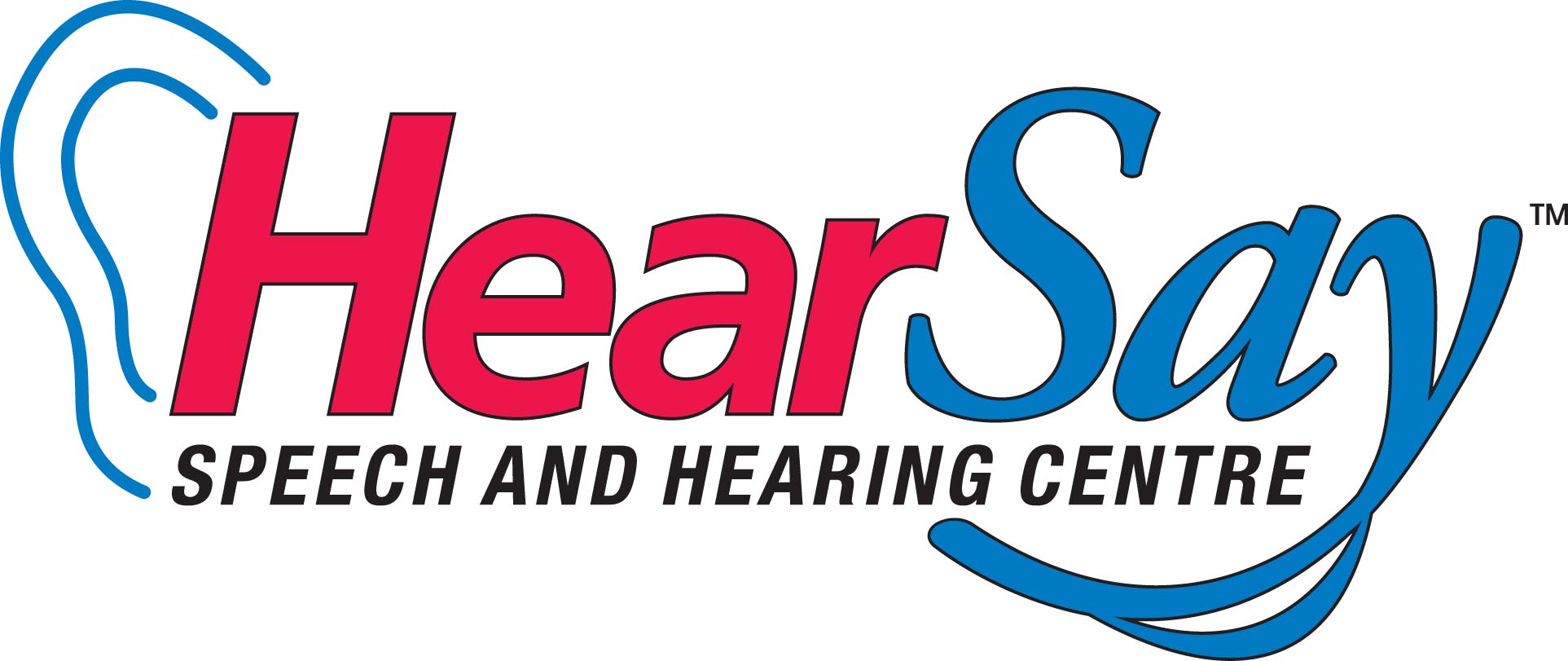HEARSAY Community Room/Kitchen Rental Agreement Terms And Conditions
HEARSAY enforces the following rules and regulations with respect to Room rentals. Please read them carefully.
1. INDEMNIFICATION AND LIABILITY
a. The Renter agrees to indemnify, defend and hold harmless HEARSAY from any loss, liability, cost, claim, damage, judgment or expense, including, without limitation, those in connection with bodily injury including death, personal injury or damage to property, arising or resulting from the Renter’s use of the room or from the Renter’s failure to abide by and comply with any law, rule or regulation applicable to the Renter.
b. HEARSAY shall not be liable for any damage to or destruction or loss of the Renter’s property.
c. HEARSAY shall not be liable for any bodily injury (including death), personal injury, damages for personal discomfort or illness or consequential injury or damage sustained by the Renter or any of its staff, volunteers or any other person who may be in or upon the community room or any part of the property, whether or not caused by (i) the negligence of the RENTER, its employees or other attendees, or (ii) the operation, faulty operation, interruption or breakdown of the building systems, services or equipment.
d. The RENTER is directly responsible for any damage incurred to the property as a direct result of their Rental and shall reimburse HEARSAY for the remedy of any such damage.
e. The RENTER is solely responsible for securing liability insurance including but not limited to general liability insurance (insurance against personal and bodily injury, including death and property damage) not less than Two Million ($2,000,000.00) Dollars for any one occurrence, concerning the operations of the Renter.
2. RENTAL TIMES
a. The Renter shall organize its activities to fit in to the rental time indicated on the Agreement, including set-up time. The community room will not be available to the Renter before or after the time indicated on the Agreement. The Renter will provide a schedule of use, a month in advance to HearSay.
b. The activities shall cease at the time stated on this application.
c. The Renter will coordinate building access with a HearSay Representative.
3. RENTAL COSTS
Rental fees are $35/hr + HST.
Fees can be paid by e-transfer to milton@hearsay.ca. An invoice will be sent to the renters email, shortly after booking is confirmed.
4. USE OF HEARSAY ROOMS
a. This Application may not be assigned or transferred. The Renter may not sublet the community room. Only those attending the renter’s event may present in the community room.
b. The Renter shall leave the community room used in a clean, orderly fashion, including replacing items that were moved.
c. HEARSAY’s rooms are smoke free. The use of tobacco products or vapes of any kind are prohibited throughout the building.
d. Alcohol is not permitted in the community room.
e. The RENTER will not engage in any illegal trade or activity on or about the property.
f. The RENTER will not keep or have on the premises any article or thing of a dangerous, flammable or explosive character that might unreasonably increase the danger of fire on the premises or that might be considered hazardous by any responsible insurance company. Open flames are not permitted.
g. The RENTER will obey all rules and regulations posted by HEARSAY regarding the use and care of the building, parking lot and all other common facilities that are provided.
h. HEARSAY is committed in all areas to providing a work environment that is free from harassment. Harassment based upon an individual’s sex, race, ethnicity, national origin, age, religion or any other legally protected characteristics will not be tolerated, and as such, any contractual agreement will be immediately terminated. All RENTERS are expected and required to abide by this policy. No person will be adversely affected as a RENTER as a result of bringing complaints of unlawful harassment. i. The RENTER is responsible for ensuring any person attending their event abides by current regional and provincial Public Health mandates
